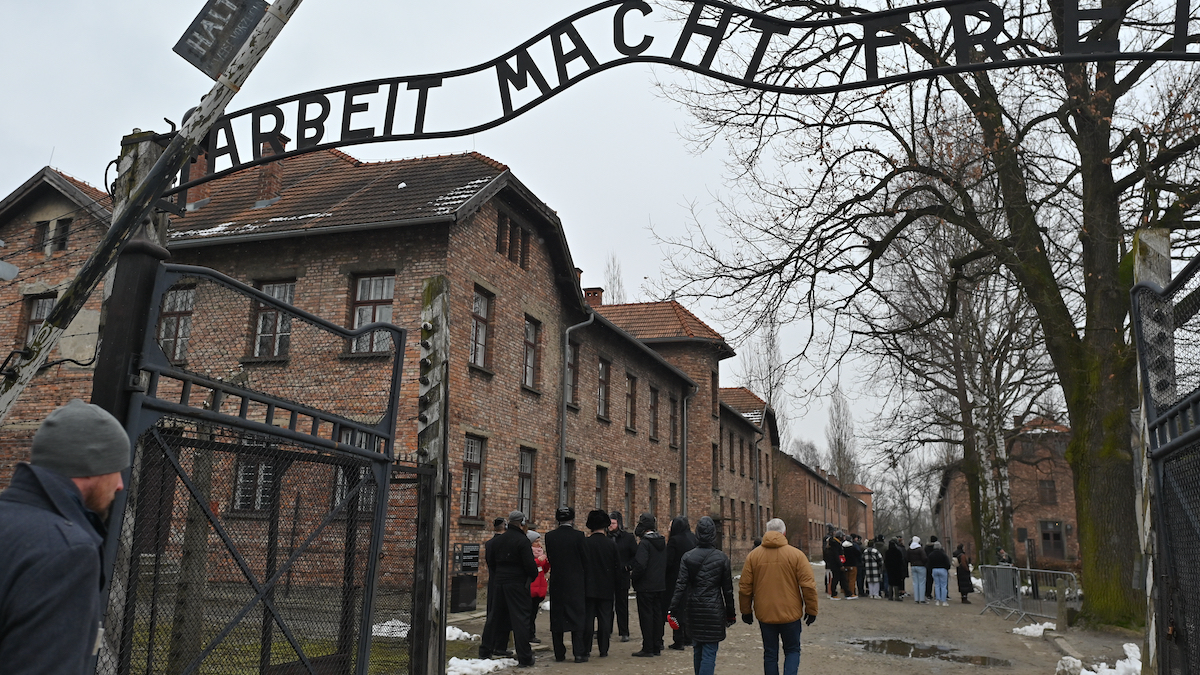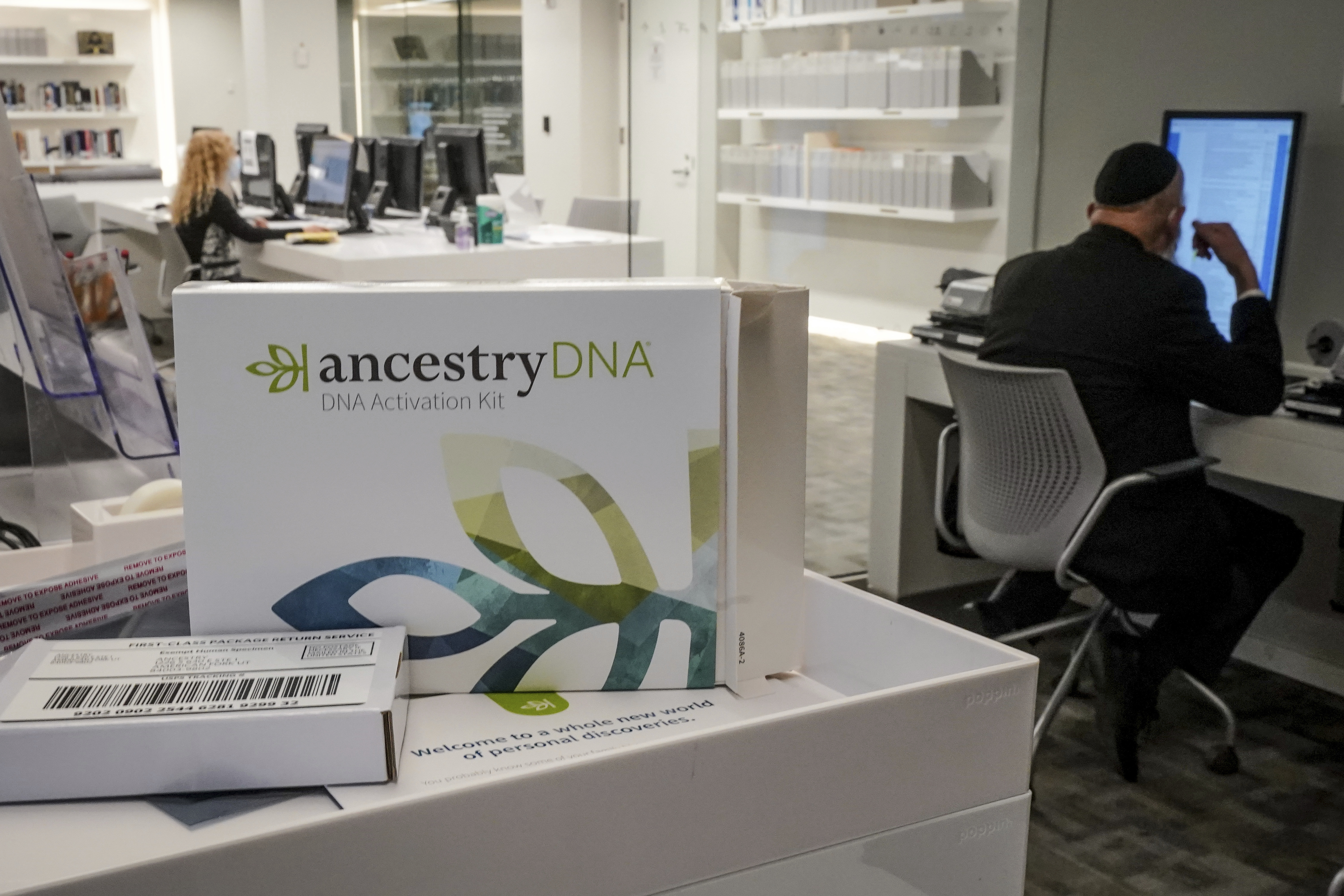Holocaust survivor Tova Friedman is a TikTok star at age 85, thanks to her 17-year-old grandson.
In the family living room in Morristown, New Jersey, he records short videos of his grandmother reminiscing about life in 1944 and 1945 when she was a 6-year-old child at the Auschwitz death camp in Nazi-occupied Poland. She also discusses her experiences before and after the camp.
They say videos on her account have garnered 75 million views since the duo started posting in September 2021.
Get Tri-state area news delivered to your inbox.> Sign up for NBC New York's News Headlines newsletter.
“It really snowballed,” said Friedman. “And then we realized it was a fabulous medium for the Holocaust, for young people who don’t want to read the books, who don’t like the classes in school, who don’t like the way the teachers teach or whatever, who are bored with it, or some who never heard of it. Here they are, listening.”
Her grandson, Aron Goodman, said their most-viewed videos are “ones that show her number” — the identification tattooed on prisoners' arms at Auschwitz.
“People around the world can’t really get the chance to see a survivor, to see the history on their arm,” Goodman said. “So social media and TikTok is the way we kind of impart our message and show the evidence of the Holocaust that people unrightfully deny.”
Commenters on the videos thank Friedman for posting her memories, with many remarking they had not learned much — or anything — about the Holocaust in school.
Goodman said he makes the videos to counter antisemitic speech online and to educate the TikTok generation about the horrors of the Holocaust.
“We need to focus on the history and warn people where hate can lead if it’s unchecked, if no one does anything about it,” the high schooler said.
Another TikTok features black-and-white footage of Friedman with other Jewish children in early 1945, as she pushes up her sleeve to show the tattooed number on her arm. The film was shot by the Soviet military a week after they liberated the camp.
When Friedman looks at the film, she remembers her mother, out of frame but nearby, who taught her how to survive in the camp by not making eye contact with the guards and hiding amid dead bodies. Her mother fell into despair after the war and died in her mid-40s.
Friedman said people often ask how she could ever trust or love people after what she witnessed. Friedman said she saw many other Holocaust survivors who lost their families in the camps go on to remarry and have more children, which they called “replacement children” in those days.
“Life is resilient, and you can live again,” said Friedman, who works as a therapist and social worker and wrote a book about her experiences called "The Daughter of Auschwitz." “This is what I’d like to let people know. It’s the hope that humanity can rebuild itself.”



